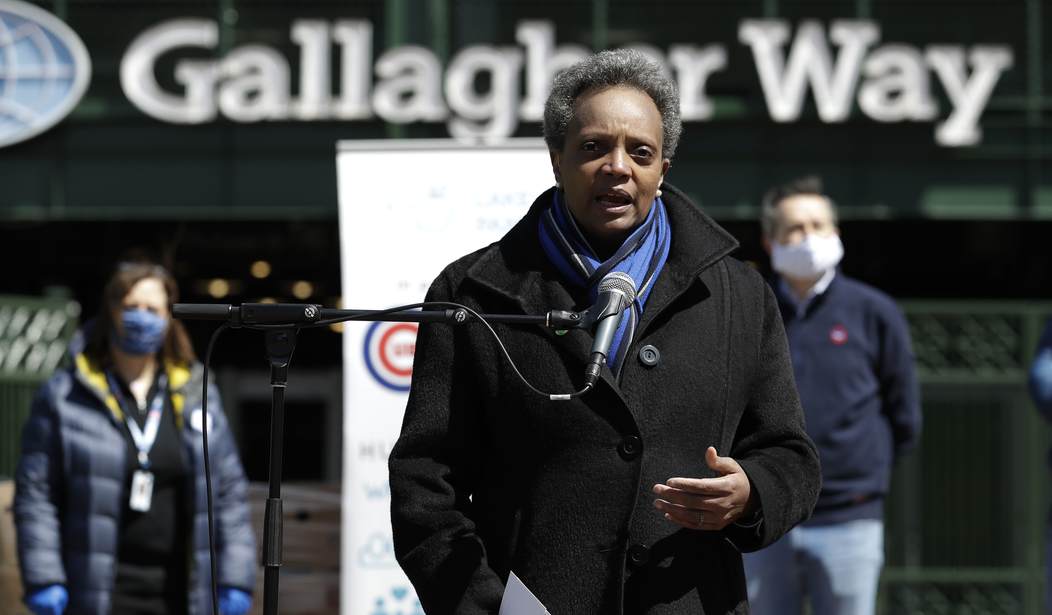The fact that Chicago has had a problem with street gangs for as long as anyone can remember is no secret. Countless movies and books have been produced about it and it’s even been the subject of popular songs. They control the various underground “industries” of drug dealing, carjacking, sex trafficking, and, of course, murder. Sadly, despite the best efforts of law enforcement, chipping away at the power of the gangs in any significant way has proven frustrating. But now Mayor Lori Lightfoot has come up with a new plan to deal with them. This week she endorsed a new ordinance that would allow the city’s attorneys to file lawsuits against gang members and take them to court. Really? Yes, it’s apparently true. (CBS Chicago)
More controversy was stirring late Tuesday about a Chicago city ordinance that would allow the city to file lawsuits against street gangs – seeking money and other assets.
“We will hold you accountable,” Mayor Lori Lightfoot said Tuesday in announcing the proposal.
The plan would allow for city’s lawyers to file the lawsuits. A judge could order the forfeiture or money or property that is directly or indirectly related to street gang activity.
The idea of filing civil lawsuits against Chicago gang bangers probably sounds rather daft to most of you, and for good reason. But believe it or not, Chicago isn’t the first place where this has been attempted. There have been federal lawsuits filed against gang bosses in Kane and DuPage counties in Illinois, though this would be the first time a municipal lawsuit of this type would be filed against lower-level thugs in Cook County.
But does such an approach actually work? Critics of Lightfoot’s plan are already pointing out some of the obvious shortcomings. In the few cases where this has actually worked, the federal government was going after top-level gang bosses who were moving huge volumes of drugs. Those types of criminals find ways to launder their cash and use the money to fund lavish lifestyles. In other words, they had measurable assets that the government could go after.
Chicago is primarily a different story. The gang action there, according to the Chicago PD, is splintered off into more than 100 competing, loosely organized gangs. Many of the “members” are underage and they largely operate cash business via hand-to-hand transactions. A successful lawsuit relies on the ability to actually collect if you win, and the prospects for that are not great in most cases in the Windy City.
Further, in order to sue someone, you have to know who they actually are. Many gang members go by street names and they often don’t even have a valid ID card or address of record. And what happens if you do manage to identify someone, prove they are a gang member (also not easy), and obtain a judgment? It’s not as if someone with a long rap sheet is going to be terribly concerned with having a judgement rendered against them. One attorney from a neighboring county who has been involved in some of these lawsuits told CBS News that most of them, “were ended by default judgments,” he said. “Either they didn’t serve the individuals, or the individuals didn’t bother to come to court.”
Look, I’ll give Lori Lightfoot credit for at least trying to think outside the box and do something to curb Chicago’s endemic gang violence problem. I suppose she feels like she has to at least try something. But taking gang bangers to court and trying to fleece them of their money from street corner crack sales doesn’t sound like a very effective plan. Perhaps if she could find a way to actually start supporting her own police and rebuild the force up to sufficient numbers, the Chicago PD could get back to the business of tracking these hoodlums down and locking them up.







Join the conversation as a VIP Member